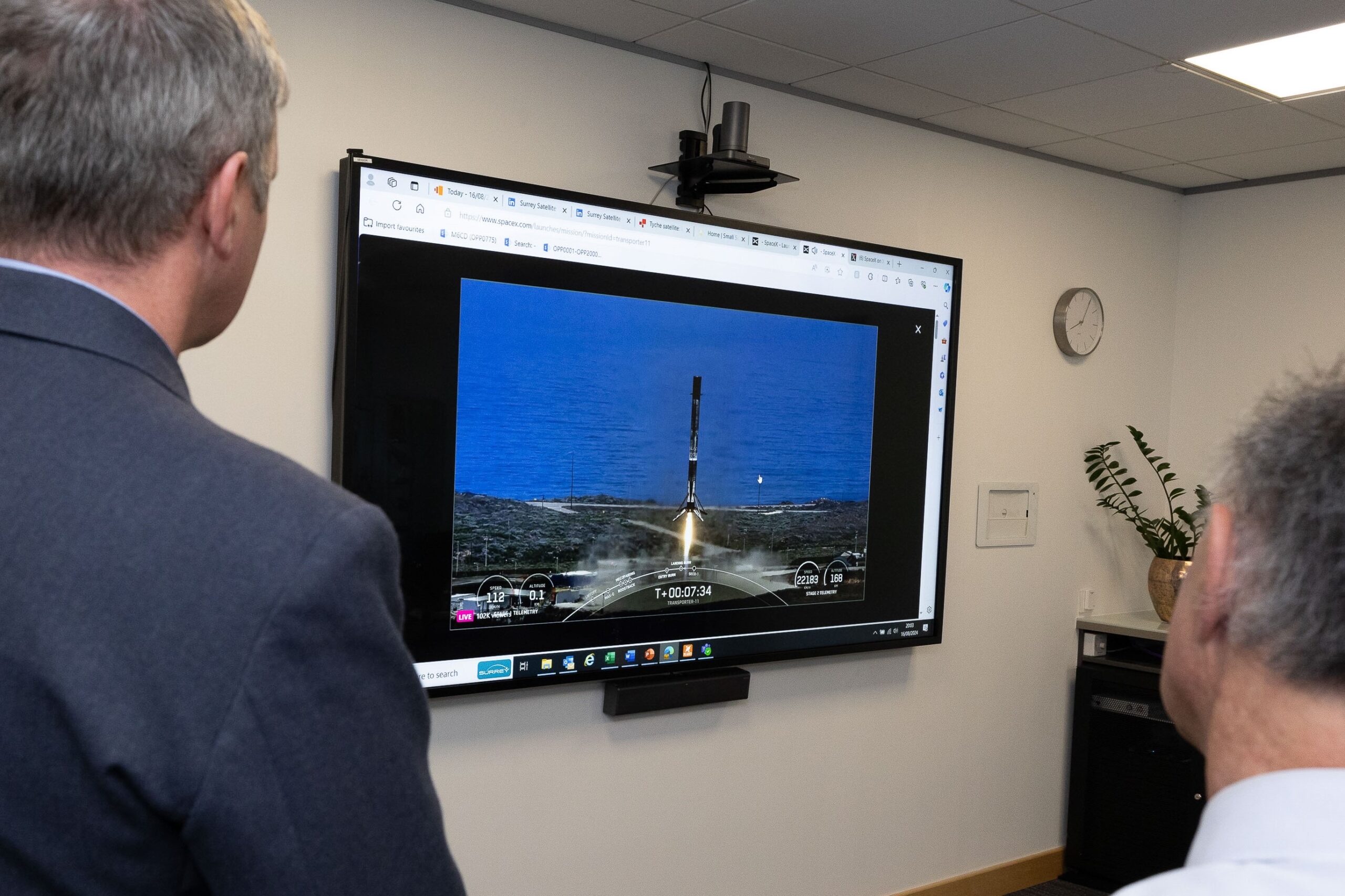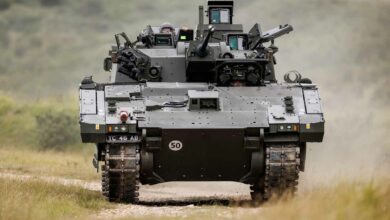The UK Ministry of Defence has successfully put its first military satellite into orbit, boosting its intelligence, surveillance, and reconnaissance (ISR) capabilities.
Dubbed “Tyche,” the space asset was launched Friday from Vandenberg Space Force Base in California with SpaceX’s reusable Falcon 9 rocket.
The satellite will be operated by the UK Space Command to capture daytime images and videos of the Earth’s surface.
It will also support the operations of the British military by gathering critical intelligence and monitoring adversaries.
“To see Tyche – the first of a new generation of UK military capabilities – delivered into orbit is an incredibly proud moment and a tribute to everyone’s commitment to this key project,” Defence Equipment & Support (DE&S) official Paul Russell said.
The first signals from the new satellite were transmitted to its operator a few hours after lift-off, confirming its successful launch.
Lift off!
Tyche is now orbiting planet Earth. The first wholly @DefenceHQ-owned satellite is the size of a washing machine and was launched from a @SpaceX Falcon 9 rocket.
Find out more about what it will do for UK Armed Forces: https://t.co/3pCgkcRmo1 pic.twitter.com/eV8DMR9JtV
— Defence Equipment & Support (@DefenceES) August 17, 2024
$29M Initiative
About the size of a washing machine, the Tyche military satellite weighs 150 kilograms (330 pounds).
It is part of a 22-million-pound ($29-million) initiative between the DE&S and Guildford-based Surrey Satellite Technology Limited.
The space asset will provide timely space-based imagery from Low Earth Orbit over a five-year lifespan.
According to the defense ministry, the Tyche was launched after seeing the crucial role of space-based military assets in Russia’s ongoing invasion of Ukraine.
“Tyche will provide essential intelligence for military operations as well as supporting wider tasks across government,” defense procurement minister Maria Eagle said, adding that its launch highlights the country’s commitment to supporting innovation.
Apart from ISR, the satellite is expected to help monitor natural disasters and track the impact of climate change around the world.












